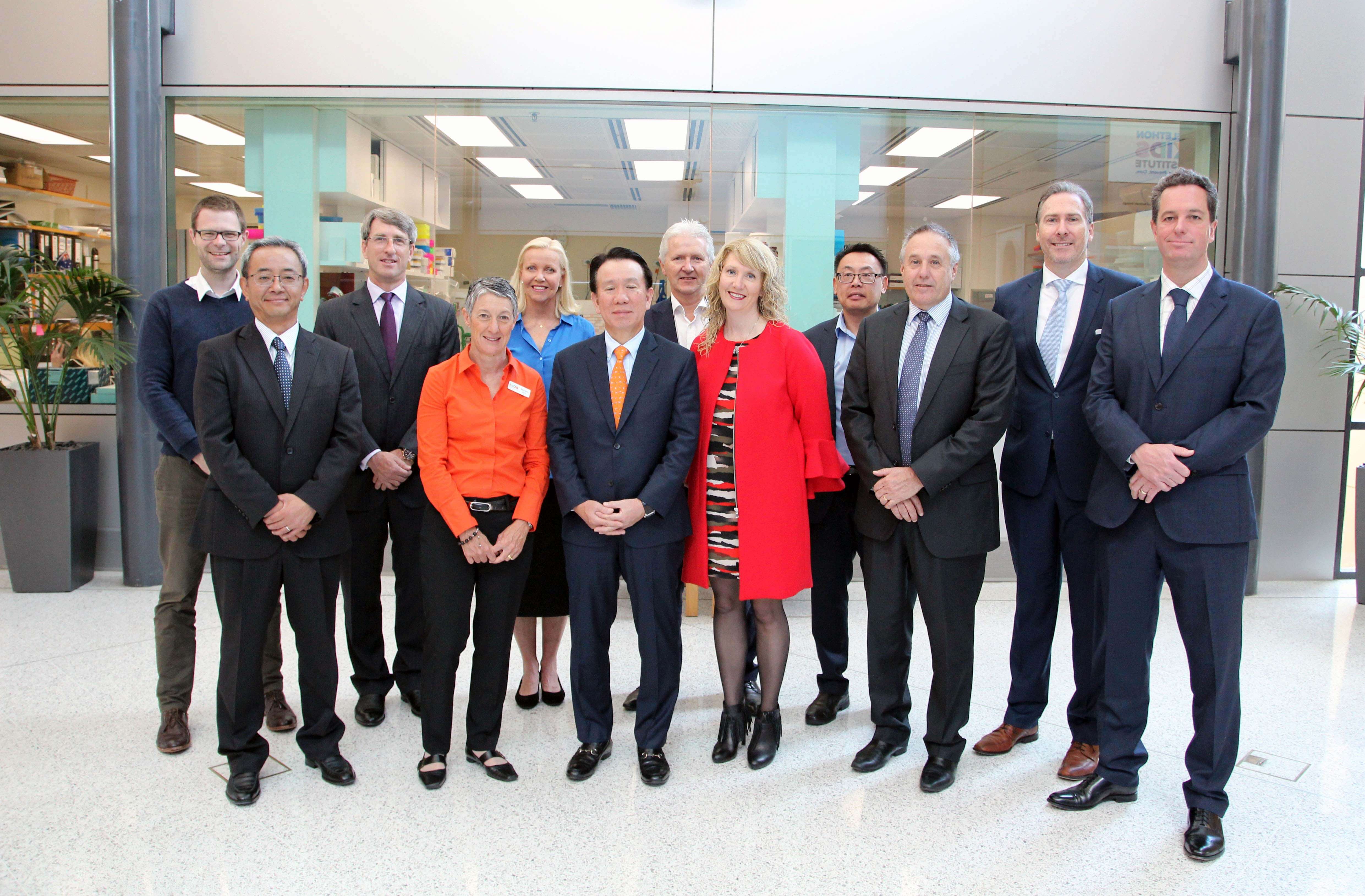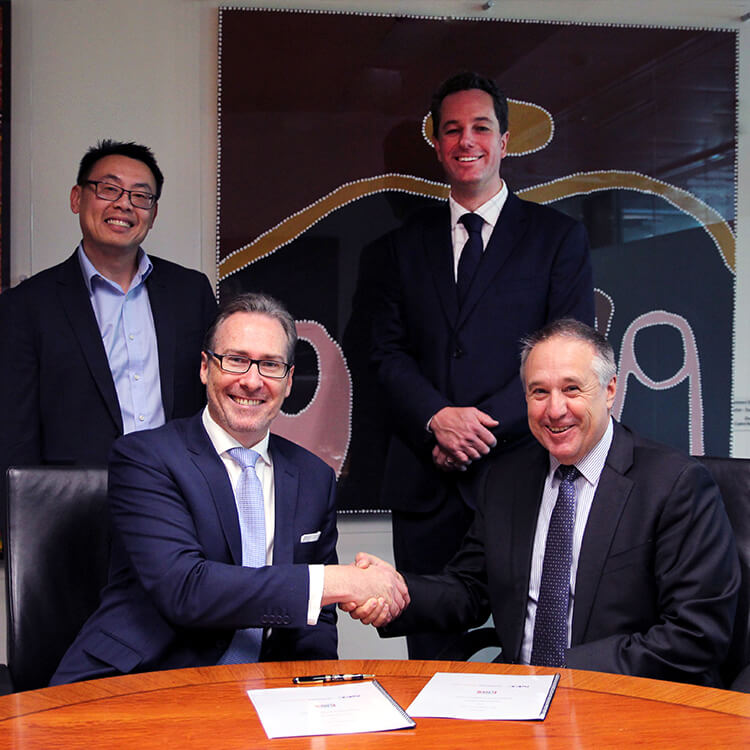
The Kids Research Institute Australia has today signed a memorandum of understanding (MoU) with leading technology developer NEC Australia, to explore innovative opportunities to apply NEC’s artificial intelligence (AI) technologies in our medical research.
Through this partnership, the Institute’s Autism Research Team – who is currently investigating the genetic and neurobiological causes of Autism spectrum disorders - will explore whether NEC’s artificial intelligence algorithms for eye tracking and facial recognition can be used to develop new diagnostic tools for detecting autism at a young age. The aim of the partnership is to excel the institute’s research into autism and diagnosis through access to NEC’s engineers, technology and services.
Early detection can allow health professionals and parents to implement changes and strategies to better manage the condition. The work also aspires to identify methods to reduce the severity of the condition in the child before they become older.
“The Kids Research Institute Australia has conducted ground-breaking research into using facial features for diagnosing autism. We’re at the beginning of our work together but we’re very keen to explore how we can assist and collaborate where possible. For us it has the potential to test and demonstrate completely new applications of our technology in a way that can help improve people’s lives,” said Mike Barber, Chief Operating Officer at NEC Australia.

The MoU offers room to explore how NEC’s communications and AI technologies can be used to improve rural health, especially in remote and Aboriginal communities.
The Institute will also explore its application in Fetal Alcohol Spectrum Disorders and how they can be identified at an early stage to better support the children and parents or carers to manage the complex situation and enhance their health status as they grow up.
-- ENDS --
